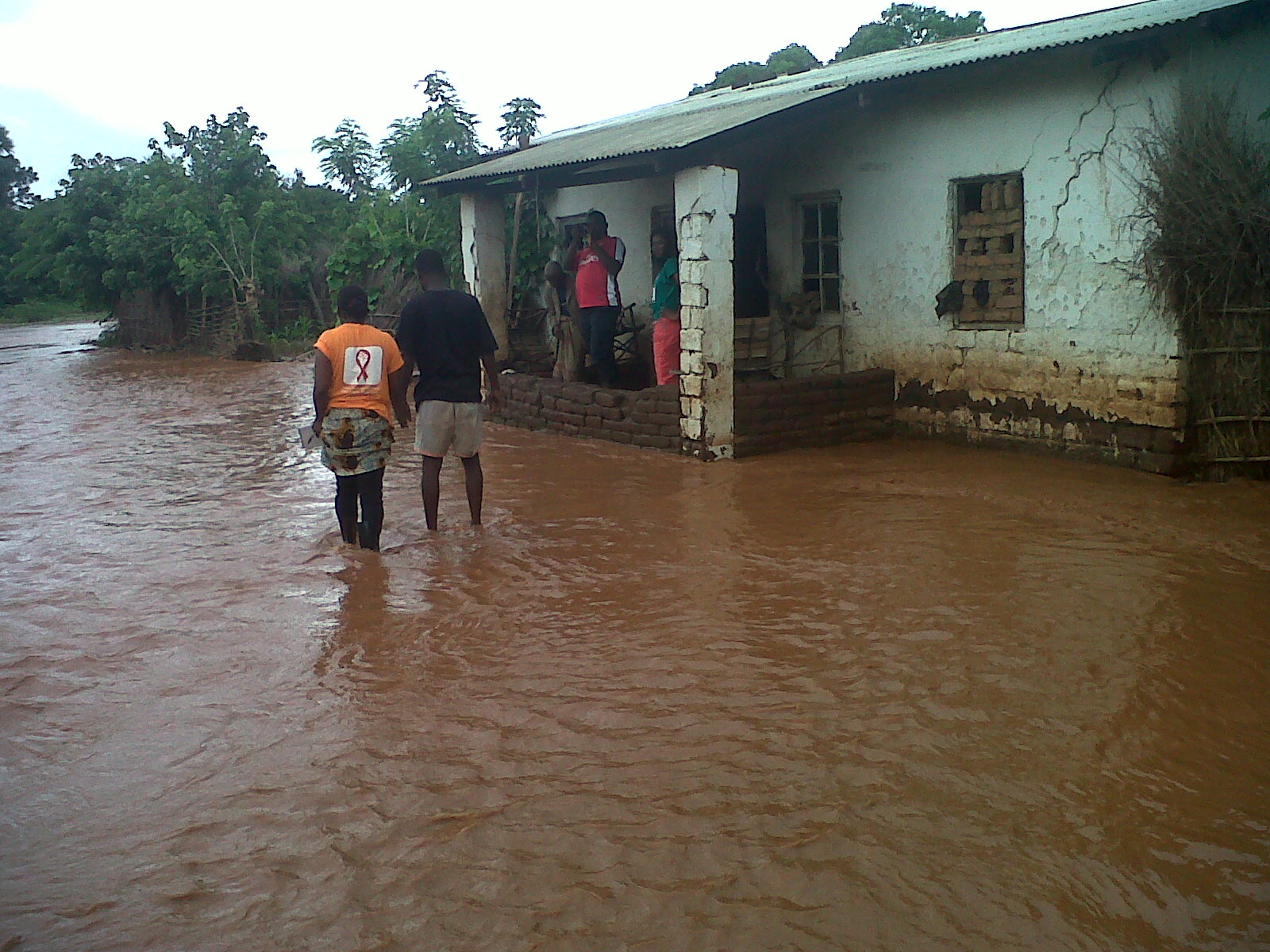Let’s embrace cultural, linguistic diversity
Last week as I was coming from a friend’s wedding at Comesa Hall at
Trade Fair in Blantyre, I was booed, threatened and called all sorts of nasty names
by a group of men. They shouted and uttered almost every unprintable word they
could. I was called hule, mfiti,
chitsiru, wakuba (whore, witch, fool and thief) but that’s just the few words
I can write, the rest were obscene utterances.
One of the men blatantly told me that if he had a gun with
him, he would have just shot me dead.
Mtundu uwu ndiofunika kungowupha (this tribe should be killed). He
continued: Ine kungokhala president
ndikhoza kungowathamangitsa anthu amenewa. Amabowa (If I were president of
this country, I would chase this tribe out of Malawi).
The only crime I committed was to speak Chitumbuka which
according to these men, disgusts them. I was told when in Malawi I should be
speaking Chichewa which according to them is the only true local language. I
was told that Tumbukas are foreigners in
Blantyre hence they ought not to speak their “foreign” language while in
Blantyre. These people were eavesdropping in a conversation which I had with a
colleague also from the north.
I never bothered to ask them what wrong I had done neither
what wrong did “this tribe” do to them—doing
so was going to be futile as my voice could not have been heard over their loud
voices. I chose not to dignify their hate with a response. I simply walked on
but terrified.
This scenario made me realise that we still have many
Malawians who are yet to embrace cultural and linguistic diversity that exists
in our country. Many Malawians do not realise that people have a right to
express themselves freely. If one thinks they can express themselves better in
Chiyao, so be it. No one should be gagged.
I am a staunch believer in language being part of one’s
identity. Those who know me know that I am not someone who would feel ashamed
of speaking Chichewa, Chitumbuka and a bit of Chitonga. We are able to identify
ourselves with one another either through our shared cultural beliefs and
language. I have always insisted in preservation of our languages and what a
better way to do that than speaking them? We definitely cannot preserve our
language only on paper—that’s doomed.
Linguist Ken Hale talks of the importance of cultural
and linguistic diversity. He says because of historical events and human
migrations the maintenance of the languages of the various ethnic and cultural
groups is critical for the preservation of our cultural heritage and identity.
The loss of language means the loss of culture and identity.
I would hate to see my language die because of the
dominance of one language as the bullies wish. We need to accept that we have a
multilingual society. We cannot expect everyone to speak our language. Let’s
respect one another and respect other people’s cultures and beliefs. Remember
there is no one who is more Malawian than the other, we are all Malawians.


Indeed, it's sad that people have stopped identifying themselves as Malawians and opted to be known by tribal identity. What we lack mostly is good leadership in our country, churches, regions and communities who can enforce the oneness of us all as being Malawians and not Chewa or Tumbuka. This is a sad and unfortunate story. Let's keep the fight in getting the people together by voicing out such malpractices
ReplyDeleteThanks Sellina about those insights on Malawi and its culture. We live there as expats and enjoy the life here.
ReplyDelete